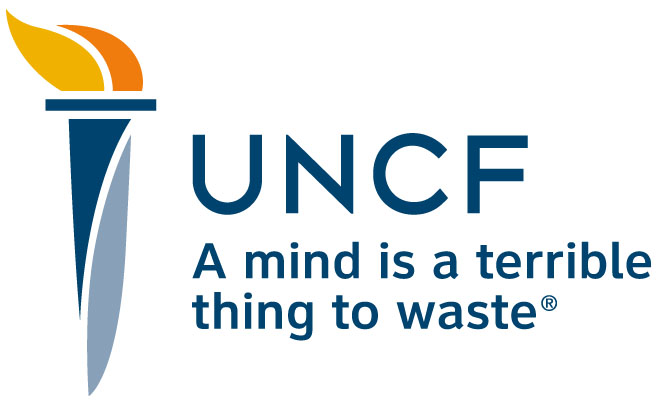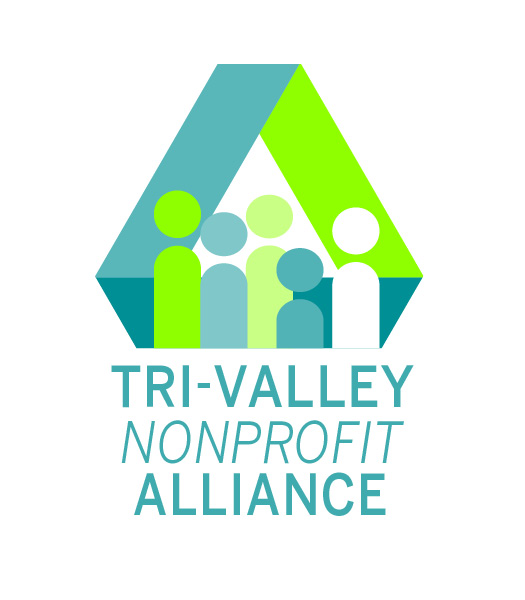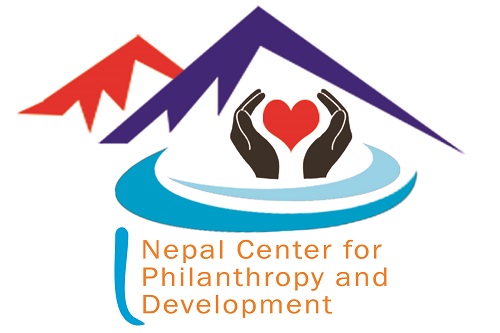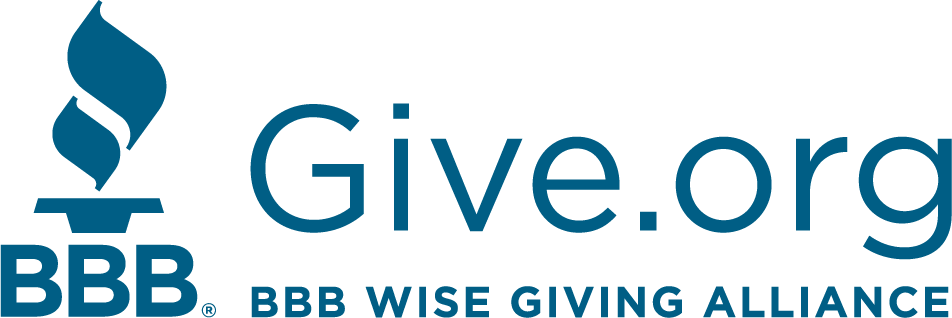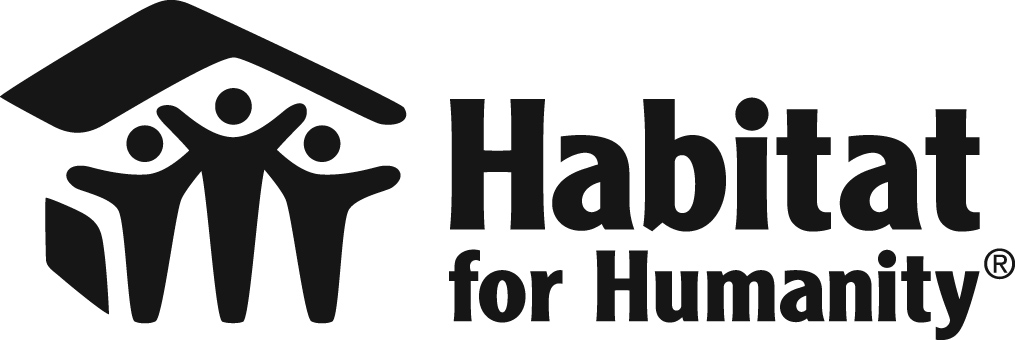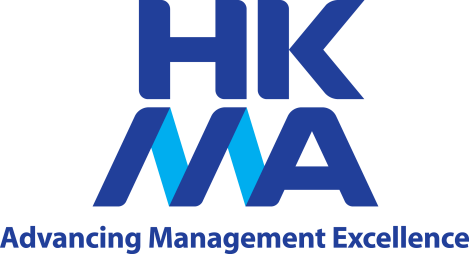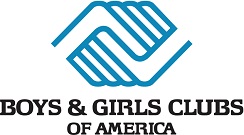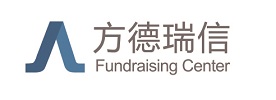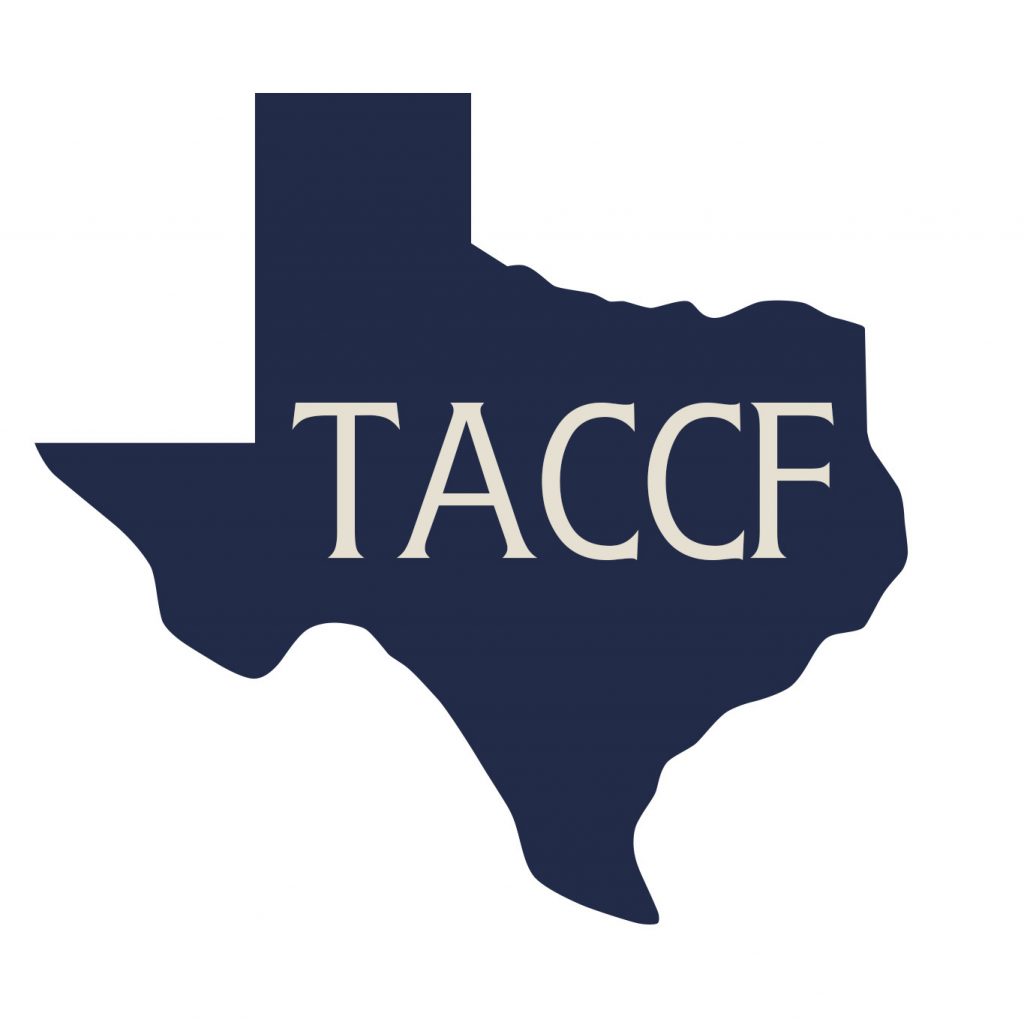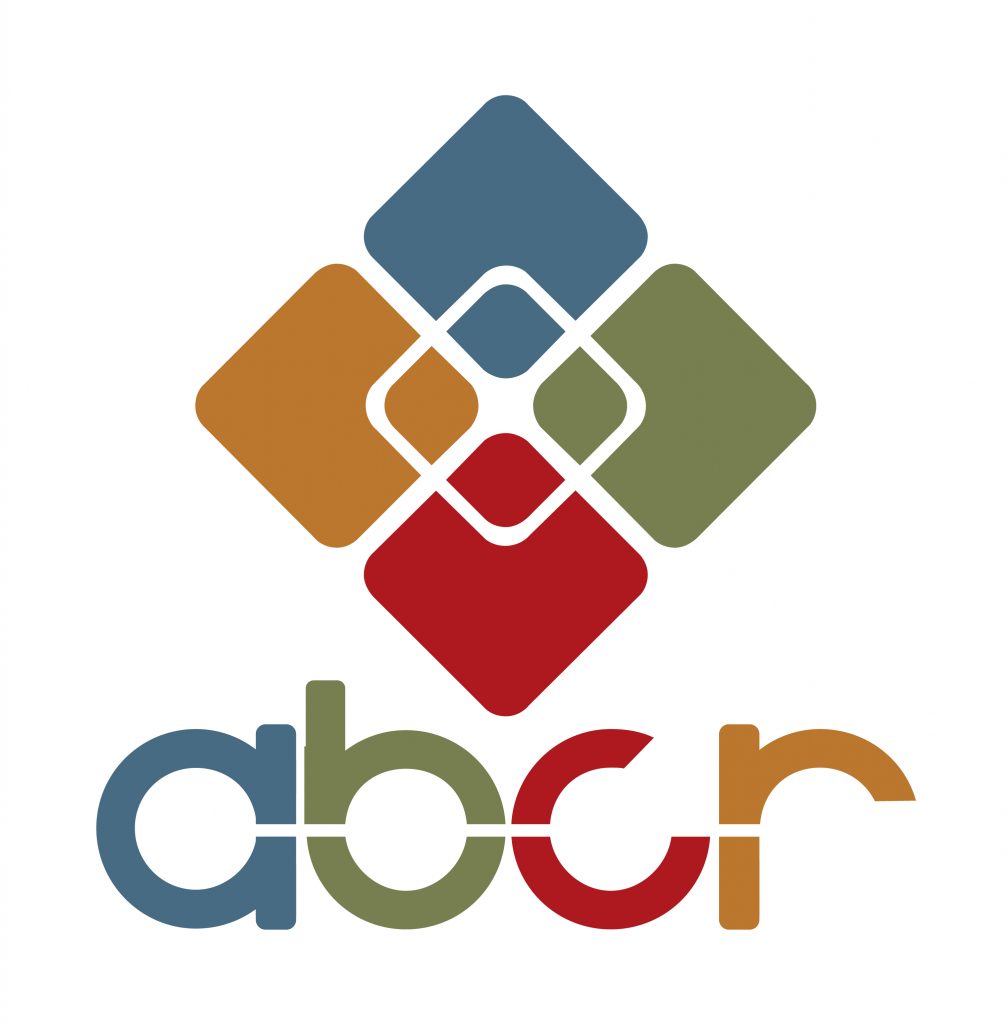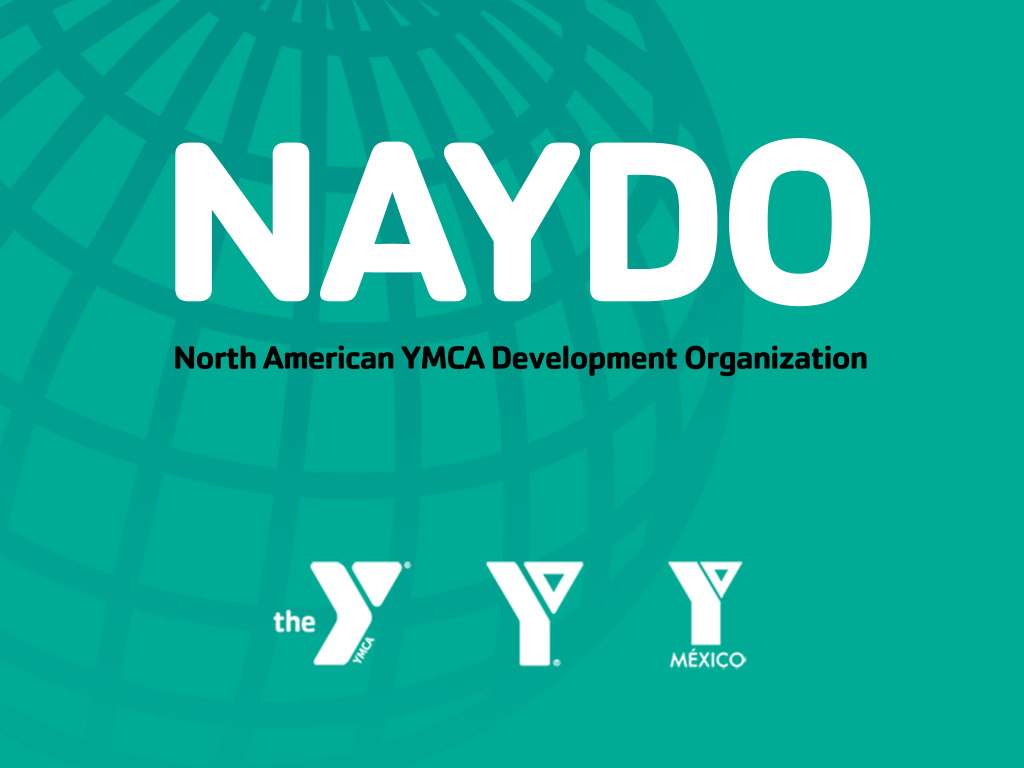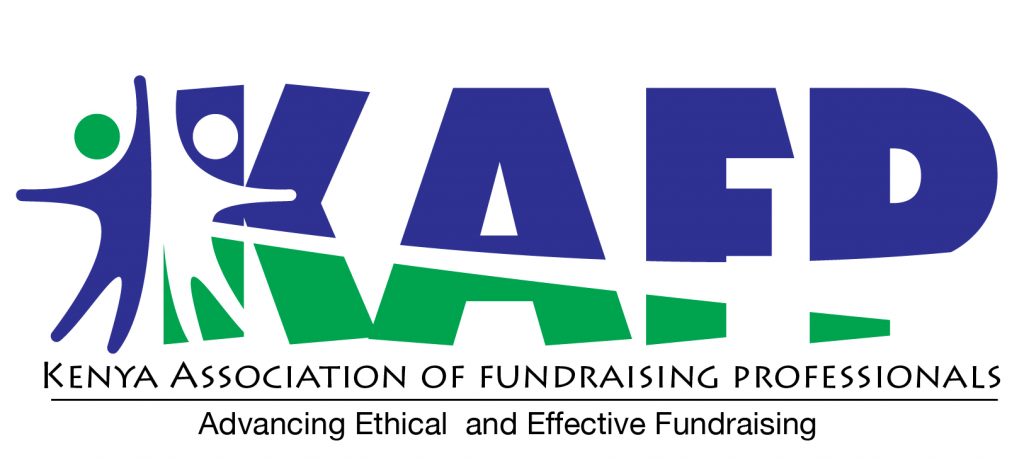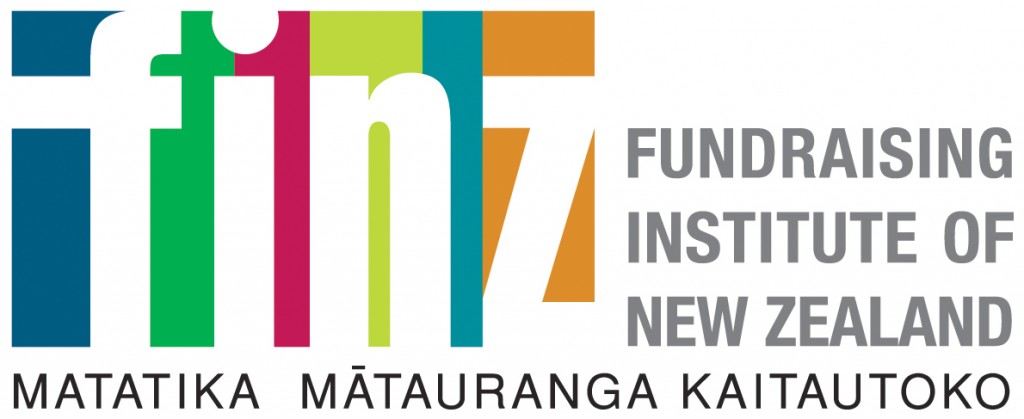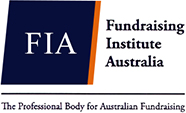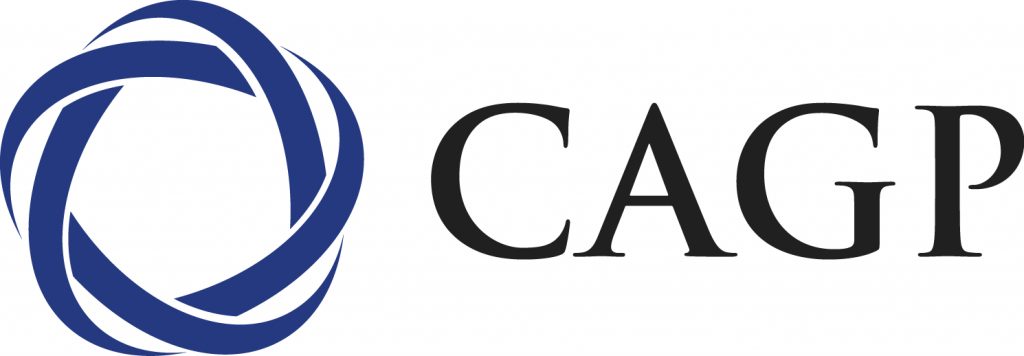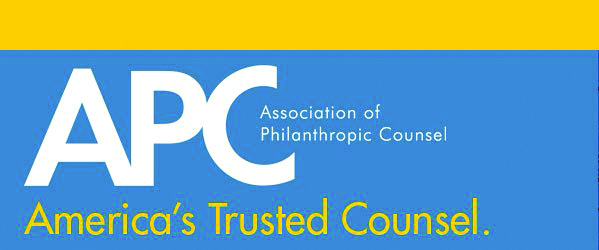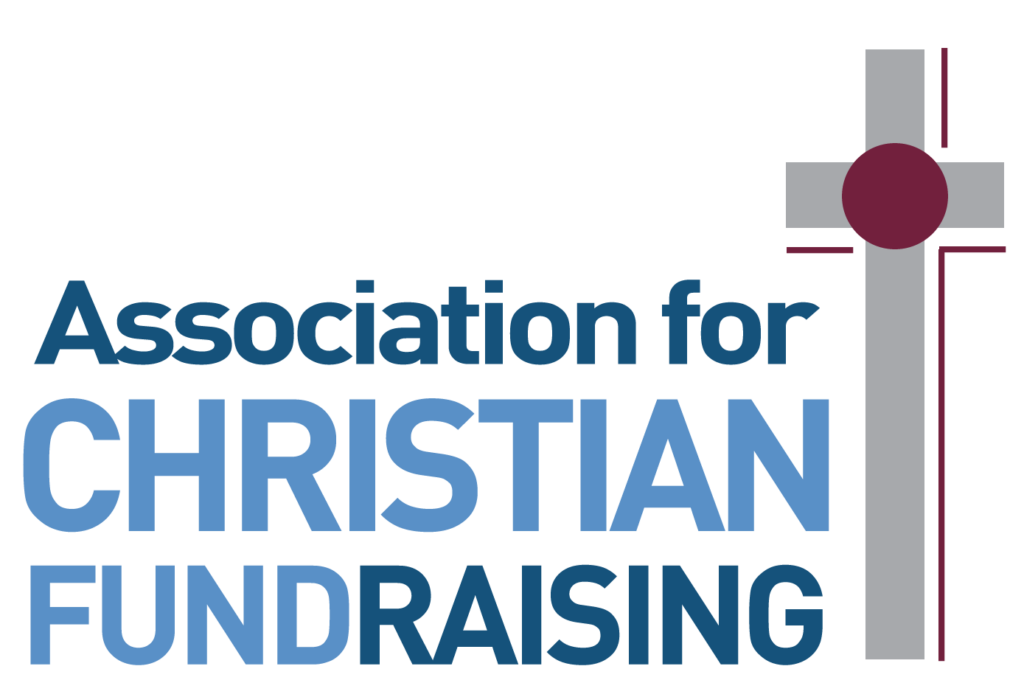 The CFRE application works on a points system. Your application automatically calculates points for you.
The CFRE application works on a points system. Your application automatically calculates points for you.
How it Works
You’ll document your information in three categories until you reach the points requirements in each:
- Education
- Professional Practice
- Professional Performance
Points need to have been earned within the past five years to qualify.
When your application is complete, submit it with payment.
For approved applications, we email instructions to schedule your exam date. You have up to one year to sit for your exam from the date your application is approved.
| START YOUR APPLICATION | DOWNLOAD THE CANDIDATE HANDBOOK |
Earning Points
1. EDUCATION: 80 Points (must be within the past 5 years)
Education includes continuing education on fundraising topics (including conference attendance), academic degrees, teaching on fundraising topics, authoring on fundraising topics, and service learning through volunteer experience. It is not required to author, hold an academic degree, teach education, or participate in service learning.
CFRE International does not directly offer education. You have the flexibility to choose education programs that you feel will provide you with the most benefit.
Earn points from any combination of activities listed below.
- Continuing Education:
- 1 Point for each hour spent attending educational conference sessions, webinars, or workshops.
- 2 Points for each hour spent teaching educational conference sessions, webinars, or workshops using previously developed material.
- 3 Points for each hour spent teaching educational conference sessions, webinars, or workshops using newly developed material.
- Authoring:
- 5 Points per published article (500 words or more; self-published material is ineligible).
- 15 Points per book chapter.
- 30 Points per book.
- Academic Degrees (these can be awarded from any year in any major):
- 5 Points for an associate’s degree.
- 10 Points each for a bachelor’s, master’s, or doctoral degree. For Initial Certification, all academic degrees may be counted, even if the degree was earned more than five years ago.
-
A maximum of 40 points may be awarded for academic degrees.
- An academic degree is not required to become a CFRE.
- Service Learning:
- 2 Points per year for each ongoing volunteer leadership role.
- 1 Point per year for each instance of general volunteer service.
- A maximum of 10 points may be awarded for service learning.
- Volunteer work must be separate from one’s employment or contractual obligations with a given organization.
Up to 10 points of non-fundraising-related continuing education may also be counted, providing it develops skills relevant to fundraising.
Sessions on general leadership skills, finance, public speaking, etc., are applicable examples.
2. PROFESSIONAL PRACTICE: 36 Points (must be within the past 5 years)
- 1 Month of employment* = 1 point. Only one point will be awarded for any given month regardless of the number of employers or clients.
- Candidates must be or have been employed full-time as a professional member of a fundraising staff or as a fundraising consultant to nonprofit organizations; at least 50% of their job duties and responsibilities must consist of fundraising activities, resource development, and/or the management of fund development which results in generation of philanthropic support.
- Candidates who are or have been employed half-time (defined by CFRE International as 50% FTE or greater) may also qualify, providing 100% of their job duties and responsibilities consist of fundraising activities, resource development, and/or the management of fund development which results in generation of philanthropic support.
- Consultants must submit a client list for the time period claimed as a consultant.
*For professionals with fewer than five years (60 points) of employment in fundraising, completion of an academic degree in fundraising, and/or an intensive certificate program in fundraising is highly recommended.
3. PROFESSIONAL PERFORMANCE: 55 Points (must be within the past 5 years)
Candidates can earn points in any of the following three areas, or a combination thereof. It is not necessary to document points in each of the categories.
- Actual Funds Raised: 1 Point = Equivalent raised in candidate’s local currency of USD 25,000. Fundraisers in non-OECD member countries will receive one additional point for each point of Actual Funds Raised.
- Communications Projects: 5 Points for each project with outcomes that had a measurable impact on the success of fundraising for the organization.
- Management Projects: 5 Points for each project with outcomes that had a measurable impact on the success of fundraising for the organization.
A project is a temporary endeavor with a unique result. Each project must have a defined beginning and end. The project’s end is defined by the achievement of the project’s objectives or when the project is terminated.
In contrast, an ongoing work effort or repetitive process that follows an organization’s existing procedures would not be considered a project. Incomplete projects will not be accepted. See examples of projects.
Exam Accommodations
Please make your request before submitting your application.

